During the 1960s, blacks complained of years of mistreatment, brutality, and intimidation from the Chicago’s police force. The department’s African-American “Brothers in Blue” found little respect and less protection.
Six black police officers and a civilian met secretly to come up with a plan to fight back against the harassment throughout the city. The group formed the Afro-American Patrolmen’s League (AAPL) in 1968. The purpose of the organization was to, first, increase the number of African-Americans in Chicago’s police force, and second, seek justice for African-American victims of police abuse.
The fight was not easy for the AAPL members. After the organization was formed, several members were abused by their colleagues on the police force. One police officer reported that after joining the group, he was suspended between 1967 and 1973 more than 100 times. He also alleged he was given subpar assignments by his superiors in order to ridicule him.
The organization filed a discrimination suit against the Chicago Police Department in 1973, challenging the department on promotions, hiring, assignment, and discipline. The court ruled on behalf of AAPL. When the group’s founders launched the organization in 1968, only fifteen percent of Chicago police personnel were black. By 1975, as a result of the lawsuit, Blacks comprised 40 percent of the force, which was reflective of the city’s black population at the time.
The case was eventually taken to the U.S. Supreme Court, which also ruled in favor of the AAPL’s representatives. The case was hailed as a landmark ruling, impacting police integration cases in other parts of the country.
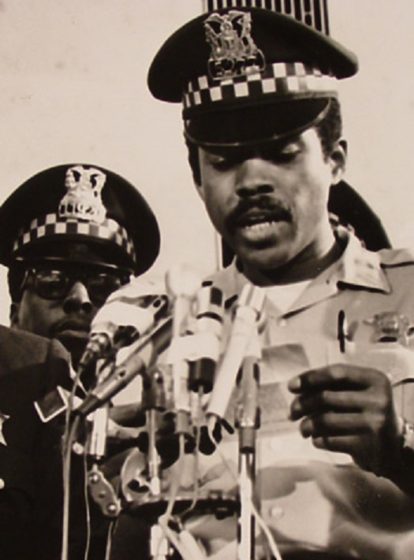
source:
Original article found at:
http://www.wttw.com/main.taf?p=76,4,5,8

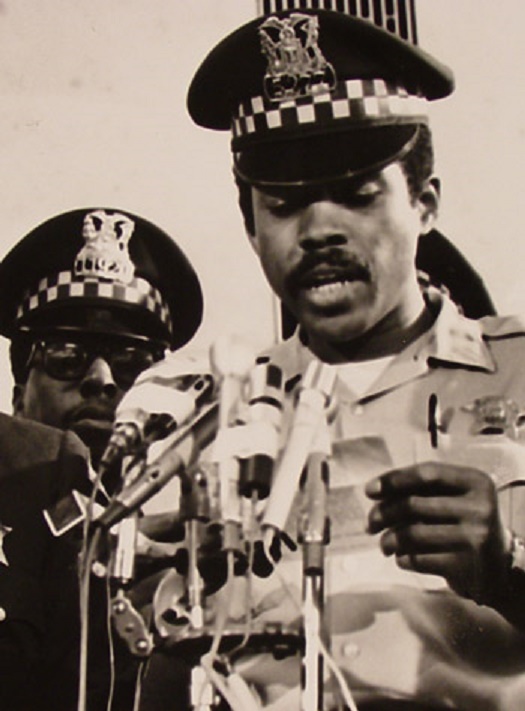



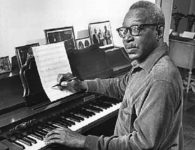
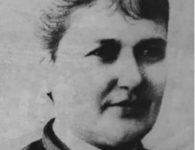
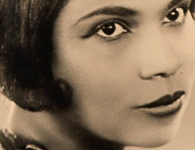

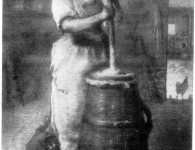
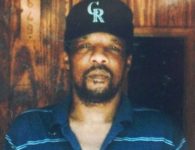
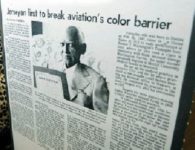
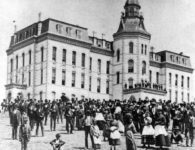

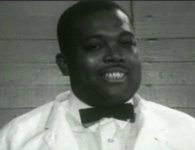
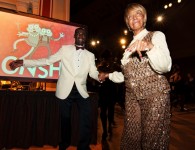
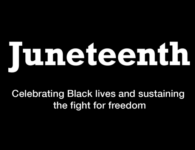

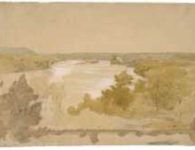

2 Comments
Thanks for the noteworthy site you’ve set up at blackthen.com. Your enthusiasm is certainly contagious. Thanks again!
I’m gratified with the way that blackthen.com covers this kind of subject. Generally to the point, sometimes controversial, consistently well-researched and more often than not quite thought-provoking.